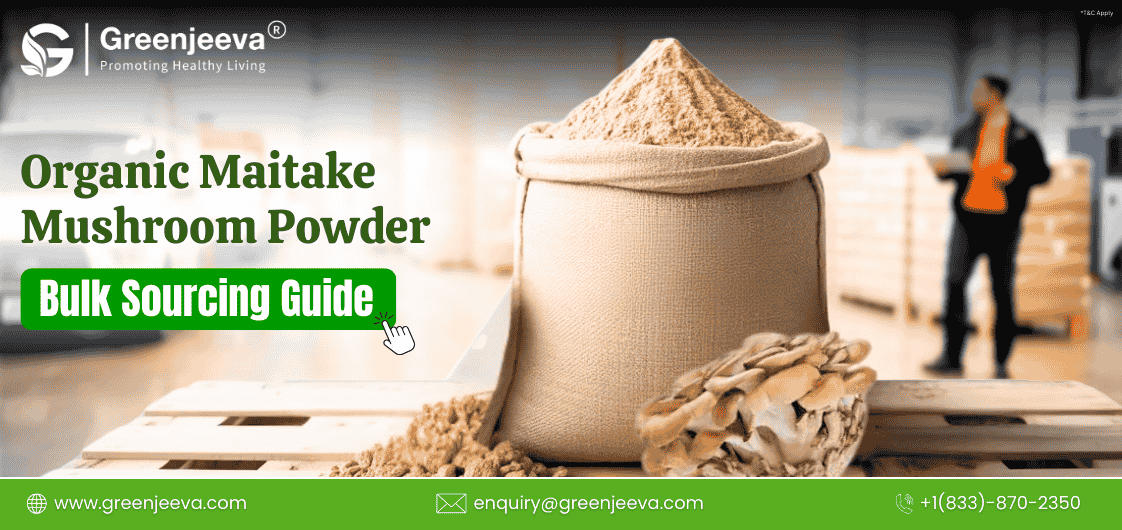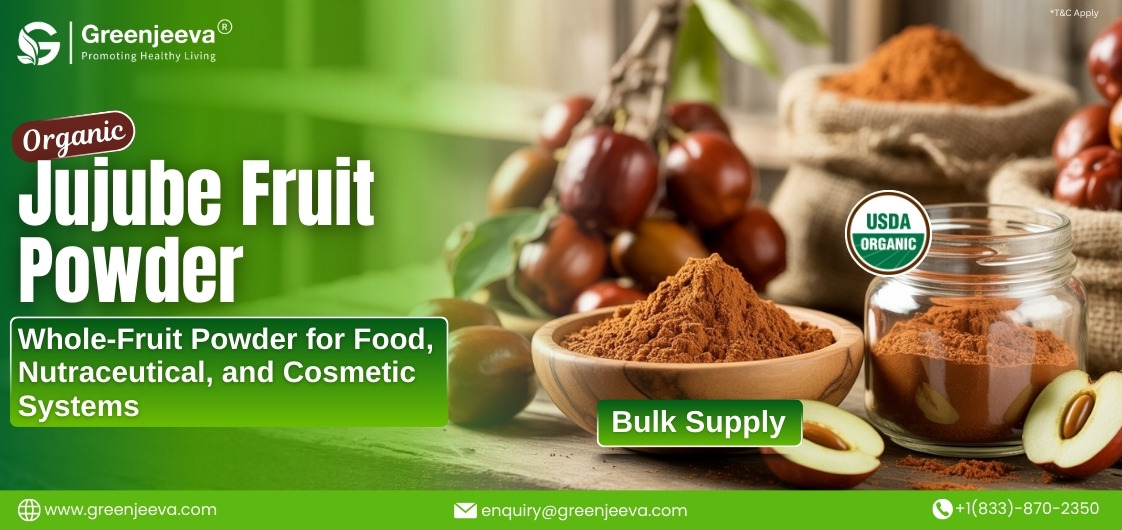Prebiotic Ingredients for Gut Health Products: Ensuring a Reliable Supply

In the quest for optimal gut health, prebiotic ingredients play a vital role in nourishing beneficial gut bacteria and promoting digestion. However, sourcing these essential ingredients comes with its own set of challenges.
In this blog, we delve into the hurdles sourcing teams face when procuring prebiotic ingredients. From unique sourcing requirements to quality control and sustainability, we explore the strategies and considerations necessary for ensuring a reliable supply of high-quality prebiotic ingredients.
Check for Sourcing Team to Get the Best Of the Ingredients
1. Sourcing Unique Prebiotic Ingredients:
- The specialized nature of prebiotic ingredients, such as inulin, FOS, GOS, and resistant starch, demands a focused sourcing approach.
- Sourcing teams must identify suppliers who can provide these unique ingredients in sufficient quantities and meet specific cultivation or extraction methods.
2. Ensuring Quality and Purity:
- The efficacy of prebiotic ingredients relies on their quality and purity.
- Sourcing teams must establish robust quality control measures to ensure the ingredients meet required standards and are contaminants-free.
3. Sustainability and Traceability:
- Increasing consumer demand for sustainable and traceable ingredients calls for responsible sourcing practices.
- Sourcing teams should prioritize suppliers who support fair trade initiatives, employ ethical production methods, and provide transparency regarding ingredient origin.
4. Seasonal Variations and Availability:
- Prebiotic ingredients may experience seasonal variations in availability, posing challenges to the supply chain.
- Sourcing teams need to plan and establish partnerships with suppliers who can ensure consistent availability or explore alternative sourcing regions.
5. Price Fluctuations and Cost Management:
- Price fluctuations can impact the cost of prebiotic ingredients due to various factors.
- Sourcing teams must carefully manage costs while maintaining desired ingredient quality, employing long-term contracts, or diversifying suppliers.
6. Regulatory Compliance:
- Sourcing teams must stay informed about relevant regulations and ensure prebiotic ingredients comply with safety and labeling standards.
- Verification of certifications, documentation, and adherence to industry guidelines is crucial.
7. Supply Chain Logistics:
- Sourcing prebiotic ingredients often involves navigating complex supply chains, particularly with international suppliers.
- Sourcing teams must efficiently manage import/export regulations, transportation logistics, and potential delays to ensure timely ingredient delivery.
By addressing these sourcing challenges, sourcing teams can secure a reliable supply of high-quality prebiotic ingredients. This enables the development of gut health-focused products, supporting consumers' quest for a healthier digestive system. Embracing these strategies satisfies the growing demand for prebiotic-enhanced food and supplements and contributes to the overall well-being of individuals seeking optimal gut health.
Navigating Sourcing Challenges: Sourcing Prebiotic Ingredients for Gut Health and Digestion
In order to support gut health and digestion, sourcing teams must navigate various challenges to procure high-quality prebiotic ingredients that offer the desired benefits.
Inulin
Sourcing high-quality inulin can be a challenge due to its extraction process and ensuring its purity. Sourcing teams must partner with suppliers who offer reliable and sustainable sources of inulin, such as chicory root, to ensure its prebiotic properties.
Fructo-oligosaccharides (FOS)
Sourcing FOS involves identifying suppliers who provide pure and potent FOS derived from natural sources like fruits, vegetables, and whole grains. Sourcing teams must ensure the availability of high-quality FOS for use as a prebiotic ingredient.
Galacto-oligosaccharides (GOS)
Sourcing GOS requires identifying suppliers offering GOS derived from natural or human breast milk. Sourcing teams must ensure the safety and efficacy of GOS for its use as a prebiotic, particularly in specialized formulas.
Resistant Starch
Sourcing resistant starch involves identifying suppliers who can provide reliable sources of resistant starch, such as green bananas, cooked and cooled potatoes, or legumes. Sourcing teams must ensure the availability of resistant starch for its use as a prebiotic ingredient.
Jerusalem Artichoke
Sourcing Jerusalem artichoke involves identifying suppliers who offer high-quality and sustainably sourced roots rich in inulin. Sourcing teams must ensure a consistent supply of Jerusalem artichoke for its use as a prebiotic ingredient.
Chicory Root
Sourcing chicory root requires identifying suppliers who offer pure and potent chicory root rich in inulin. Sourcing teams must prioritize suppliers who adhere to sustainable and ethical practices to ensure the availability of high-quality chicory root for its use as a prebiotic ingredient.
Konjac Root
Sourcing konjac root involves identifying suppliers who offer high-quality konjac root containing glucomannan, a beneficial prebiotic fiber. Sourcing teams must ensure the availability of reliable sources of konjac root for its use as a prebiotic ingredient.
Apple Pectin
Sourcing apple pectin involves identifying suppliers who provide pure and potent apple pectin derived from apple cell walls. Sourcing teams must ensure the availability of high-quality apple pectin for its use as a prebiotic ingredient.
Wheat Bran
Sourcing wheat bran requires identifying suppliers who offer high-quality wheat bran containing insoluble fiber, soluble fiber, and resistant starch. Sourcing teams must ensure the availability of reliable sources of wheat bran for its use as a prebiotic ingredient.
Oat Bran
Sourcing oat bran involves identifying suppliers who offer high-quality oat bran containing beneficial fibers. Sourcing teams must ensure the availability of reliable sources of oat bran for its use as a prebiotic ingredient.
Also Read: https://www.greenjeeva.com/blog/power-of-hydrating-skincare-ingredients
Conclusion
Sourcing prebiotic ingredients requires careful consideration and proactive strategies to overcome challenges in availability, quality control, sustainability, cost management, regulatory compliance, and supply chain logistics. By prioritizing these factors, sourcing teams can ensure a reliable supply of high-quality prebiotic ingredients, empowering consumers to make informed choices for their gut health. Embracing these challenges will enable the development of innovative products that promote digestion and overall well-being.
**The Food and Drug Administration has not evaluated these statements. This product is not intended to diagnose, treat, cure or prevent any disease.**






